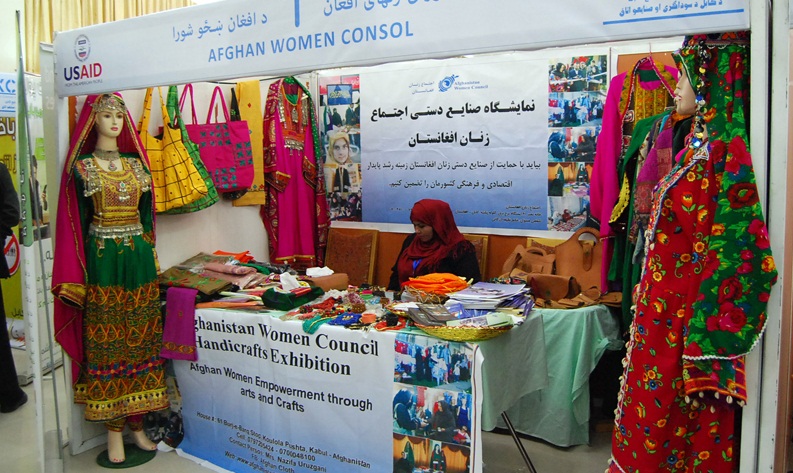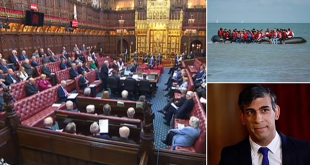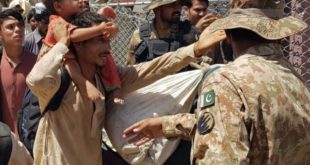By Akhtar M. Nikzad-It has not been a long time that social media’s popularity graph gone upward. Social media has become popular in Afghanistan in the last five years.
The number of social media users has reach to 1.3 million. The figure tells the fact that number of social media networks (SMN) users is gradually growing in the country.
Easy access to internet and cheaper China-made smart phones in the markets paved the ground for people to have access to SMN in every corner of the country. But still lack of a particular regulation to monitor activities of the SMN users is main problem.
A huge portion of the SMN users is comprised of women and girls. They made too many groups and pages to advocate for women’s rights through Facebook, Twitter, LinkedIn and other social networking sites. Social media truly enabled them to make a huge consensus against injustices, violence against women and struggle for protection of their rights in the governmental departments.
Despite restrictions, insult and harassment by opportunist and fanatic users of the social media, girls are using SMN, though, with a lot of problems. They cannot post their photos on Facebook. They post pictures of different brands so that no one will know about them.
In a country where many girls and women are not allowed by their families to go to work or school, a Facebook account that allows them to link up with male users may pose problems. Many women use a pseudonym on social networking sites, and most of them never post pictures of themselves or their female friends.
Najiba Rukhsar, a 22 years old girl, said that first she did not know about Facebook and other social media sites but some of her friends spoke about its significance. “I created a Facebook account with a pseudonym. Many boys sent friend requests to me, though they did not know that whether I am a boy or girl. In fact the social media site has helped me to have contacts with my friends whom I have not seen for long time,” she said.
Rukhsar has 500 friends on Facebook. Every day she shares information about women’s rights and Islamic edicts about human rights.
“I don’t feel myself alone. Now I am part of a large community that is working for protection of women’s rights. Facebook persuaded me to have good communication not only with women but also with intelligent boys who are playing significant role for positive change in society. When some girls say that they do not have Facebook account, I feel strange and tell them that how they live without Facebook,” she giggled.
Razia is another young girl using social media. For the last two years she uses Facebook but her parents don’t know.
She said that use of social media is not allowed for girls in her family. Razia says that girls are considered inferior and denied the right to speak or write about their rights, particularly on social media because when some boys know that the user is a girl, they send irritating pictures or write love messages.
“Instead of my own photo, I have posted a picture of a flower as my profile photo. However, boys know that picture of flower is used by girls and they send friend request. Some of them use abusive language when I block them. I always write poems and stories about the problems that women are facing. It is a good way to advocate for women’s rights,” she said.
Najia Sultani, a student, termed social media as a good medium to share ideas, news and general information. She said that social media is a new phenomenon in Afghanistan but many young people have access to it.
“Social media has empowered women to some extent and united them. They can speak about their rights with one voice. Whenever they want to express their concerns over an important issue, they can use social media to organize protests,” she pointed out.
The new information technology provided too many facilities. Today, majority of the high-ranking officials have social media accounts and are in contact with people. They share their achievements and activities through this medium. Some political and religious leaders, who earlier showed serious reaction against social media use, are now active social media users.
Facebook played significant role in reflecting Farkhunda’s brutal killing. Social media users posted the video showing killing of Farkhunda on their Facebook walls and unveiled the culprits.
Hamida Arzo, a women’s rights activist, said that when Farkhanda was killed she was unaware because she could not watch news channel due to power outage but when logged into her Facebook account she saw several videos and pictures about the brutal killing.
Information technology has grown fast in Afghanistan since fall of the Taliban’s de facto regime. In 2001, there were around 15,000 telephone lines in the country. Now 18 million people use cell phones.
Noor Ahmad, a resident of Kabul City, said that social media has broken the taboos. He said that girls and boys could interact now more easily than the past, though, everyone does not use Facebook for love.
According to a report of the GIZ, 37.8 percent of women in compare to 75.8 percent of men post their photos on Facebook wall. Afghan women accept friend requests of only those whom they know.
Chief of Nai, an organization supporting free media, Mujibullah Khilwatgar said that 1.3 million Afghans use social media. One million people use Facebook, 200,000 Twitter and the remaining 100,000 use other social media sites.
 Afghanistan Times
Afghanistan Times




